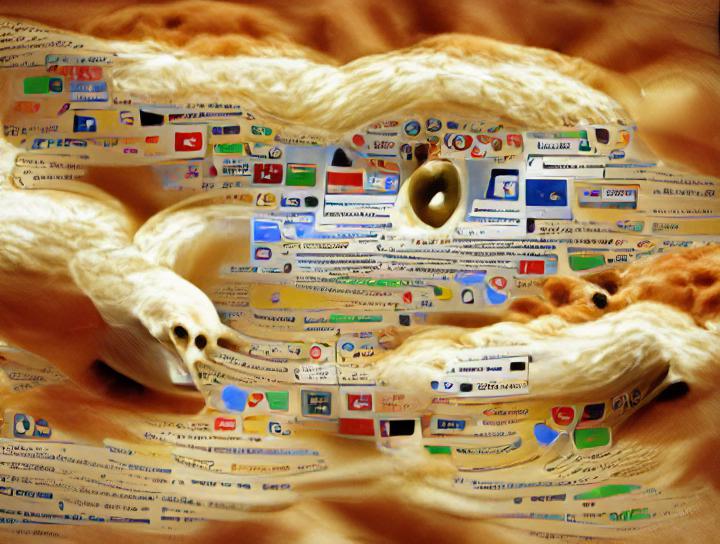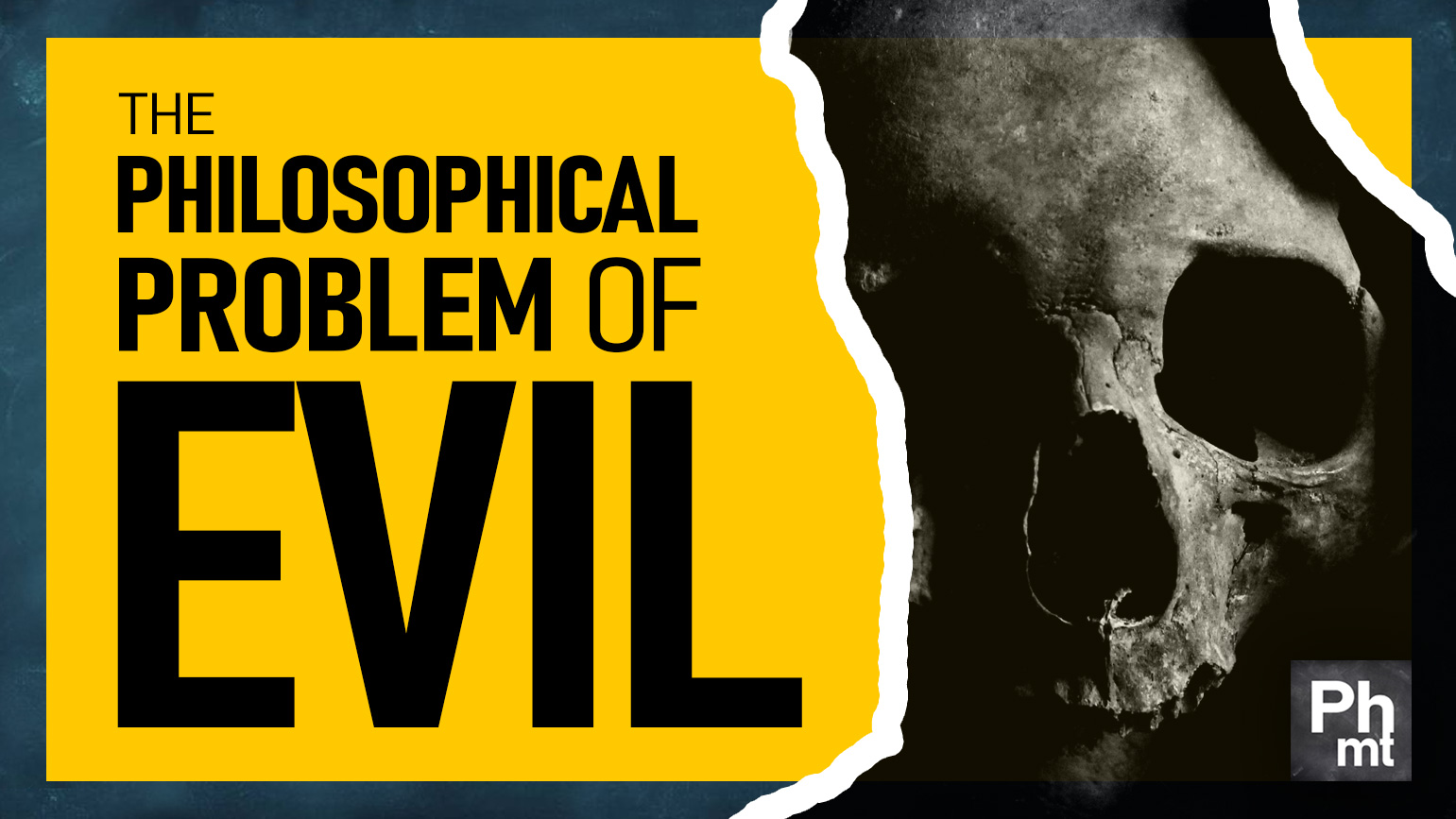The Internet and Ethical Values
The Internet has become an integral part of modern society, revolutionizing communication, commerce, and the exchange of information. From its humble beginnings in the 1960s as the ARPANET, a network connecting universities and research institutions, to the vast web of interconnected devices, platforms, and people it is today, the Internet has transformed the way we live, work, and interact. This technological marvel has brought with it unparalleled access to knowledge, fostered global connections, and facilitated rapid innovation. However, along with these benefits, the Internet has also raised new ethical questions and challenges that humanity must grapple with. Through these discussions, we aim to better understand how we might act in a digital world, engaging with both the positive and negative aspects of the Internet and the responsibilities it entails.
i. The Role of Morality in Cyberspace:
As the Internet becomes increasingly pervasive, questions about the role of morality in cyberspace have emerged. RA Spinello, in his book “Cyberethics,” discusses the importance of ethical considerations in our online interactions. He argues that cyberspace is not a lawless frontier but rather a space where ethical values should guide behavior. Spinello emphasizes that individuals, organizations, and governments must all take responsibility for their actions online, ensuring that they adhere to ethical principles and promote the common good.
Lawrence Lessig, a legal scholar, identified four constraints on human behavior, which he believes also apply to the Internet. These constraints include the law, social norms, market forces, and architecture (technology). According to Lessig, each of these factors has the power to shape how we act online. For instance, the architecture of the Internet itself can facilitate or hinder certain behaviors, such as anonymity or privacy. Social norms dictate what is considered acceptable in online interactions, while market forces drive the economic incentives that underpin the development and use of digital technologies.
Lessig’s four constraints serve as a reminder that the Internet is a complex ecosystem in which various forces interact to shape our online behavior. As such, it is crucial to recognize the ethical implications of these forces and strive to create a balance that supports the moral values we cherish.
In this context, it is also essential to examine the theories and principles that can help guide ethical behavior in cyberspace. The next section discusses some of the key ethical values and frameworks that are relevant to the digital age.
ii. Ethical Values for the Digital Age:
In order to navigate the ethical challenges posed by the Internet and digital technologies, it is essential to establish a set of ethical values and frameworks that can guide our behavior in the digital age. Several philosophers and scholars have proposed different ethical theories and principles that can help us assess the ethical implications of technology and inform our actions online.
James Moor, a philosopher of technology, proposed a list of core human goods that can be used to assess the ethical implications of technology. These goods include life, knowledge, play, aesthetic experience, sociability, practical reasonableness, and religion. Moor argued that the purpose of technology, including the Internet, should be to enhance these goods, and any technological development that detracts from them should be critically examined. By considering the impact of the Internet on these core human goods, we can better understand the ethical consequences of our online actions and strive to create a digital environment that promotes human flourishing.
Building on Moor’s work, John Finnis developed a “thicker” version of these core human goods. Finnis emphasized that the purpose of technology should be to enhance human flourishing and identified seven basic forms of human flourishing: life, knowledge, practical reasonableness, friendship, play, aesthetic experience, and religion. According to Finnis, these goods are intrinsically valuable, and technology should be designed and used to promote them, rather than undermine them. Finnis’s framework offers a more comprehensive understanding of the relationship between technology and human well-being, allowing us to evaluate the ethical implications of the Internet more effectively.
In contrast, Jacques Ellul, a French philosopher, presented a more disturbing vision of technology, claiming that it leads to a loss of freedom and autonomy. He believed that technology creates a “technological society” in which human values are subordinated to the demands of efficiency and progress. In this view, the Internet may exacerbate these concerns by facilitating surveillance, information overload, and an erosion of privacy.
Another approach to understanding ethical values in the digital age is through the lens of traditional ethical theories, such as utilitarianism, contractarianism, pluralism, and new natural law. Utilitarianism, for example, focuses on maximizing overall happiness or utility, and in the context of the Internet, could be applied to assess the benefits and harms of online actions and policies. Contractarianism, on the other hand, emphasizes mutual agreements and social contracts as the basis for ethical behavior, while pluralism acknowledges the diversity of ethical values and the need for negotiation and compromise in the digital age.
iii. Contemporary Issues:
The Internet’s rapid development has given rise to numerous contemporary ethical issues that require careful consideration and analysis. Some of these concerns relate to privacy, surveillance, free speech, digital divide, online harassment, and the ethical implications of artificial intelligence.
Privacy is a significant concern in the digital age, as vast amounts of personal information are collected and stored online by various entities, including governments and corporations. This has led to debates about the appropriate balance between individual privacy rights and the benefits of data collection for purposes such as targeted advertising, national security, and public health. Max Weber’s concept of the “Iron Cage” warns of the potential dangers of a society dominated by rationalization and bureaucracy, which can lead to a loss of individuality and freedom. In the context of the Internet, this concept can be applied to the increasing surveillance and control facilitated by technology.
Free speech is another crucial issue in the digital age, as the Internet has become a primary platform for the expression and exchange of ideas. While the democratizing potential of the Internet has been celebrated, concerns have also been raised about the spread of misinformation, fake news, and online radicalization. The question of how to balance the values of free speech and the need to prevent harm caused by malicious or false information is a complex ethical challenge that demands thoughtful deliberation.
The digital divide refers to the unequal access to digital technologies and resources, both within and between societies. As the Internet becomes more central to economic, social, and political life, those who lack access to digital resources are at an increasing disadvantage. Addressing the digital divide is an urgent ethical issue, as it relates to social justice and the equitable distribution of opportunities in the digital age.
Online harassment and cyberbullying have also emerged as significant ethical concerns, as the Internet has, unfortunately, provided a platform for malicious behavior and abuse. The anonymity and perceived lack of accountability online can exacerbate these issues, leading to real-world consequences for victims, such as psychological distress and even suicide. Developing effective strategies to address online harassment and promote a more civil and respectful online environment is an important ethical challenge for the digital age.
Finally, the ethical implications of artificial intelligence (AI) are increasingly relevant, as AI systems become more integrated into our lives through applications such as search engines, social media algorithms, and autonomous vehicles. AI raises numerous ethical concerns, including questions about privacy, fairness, accountability, and the potential displacement of human labor. As AI technology continues to advance, it is essential to consider its ethical implications and develop policies and guidelines that ensure its responsible and equitable use.
In conclusion, the Internet and digital technologies have brought about numerous ethical challenges that require thoughtful analysis and action. By engaging with these contemporary issues and grounding our understanding in ethical values and frameworks, we can work towards creating a more just and moral digital world.




Pingback: Exploring Internet Morality and Religious Values in Society